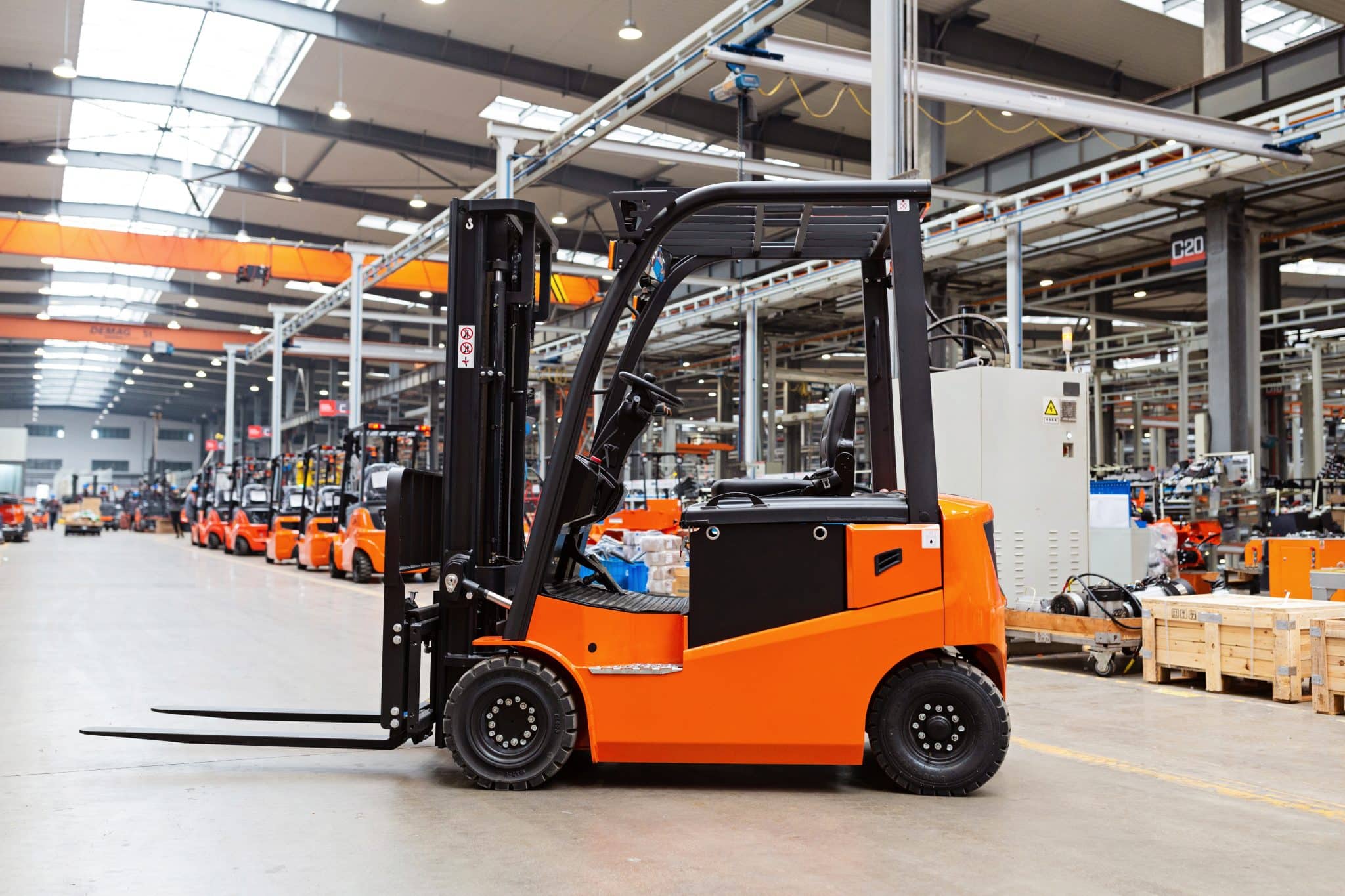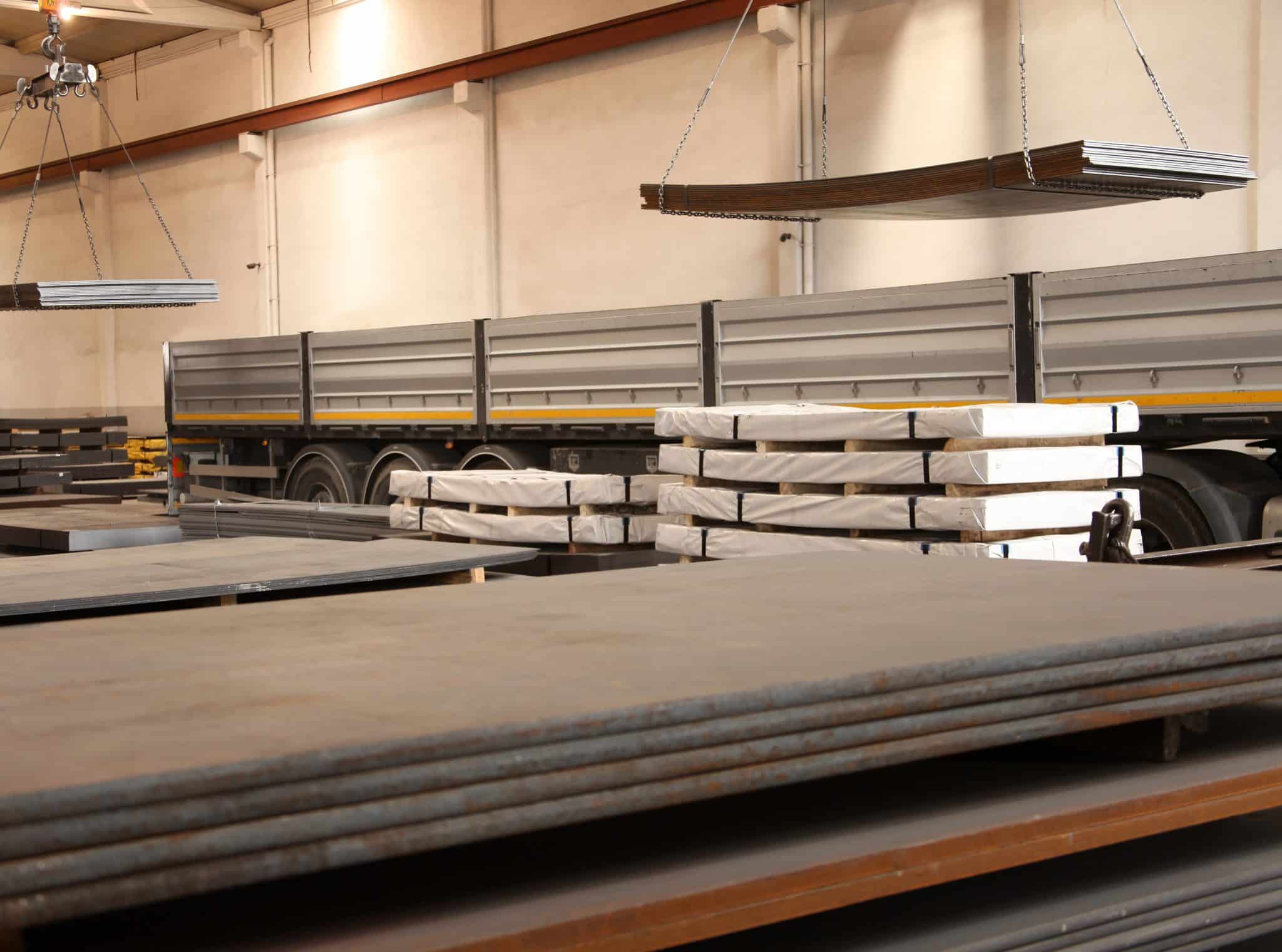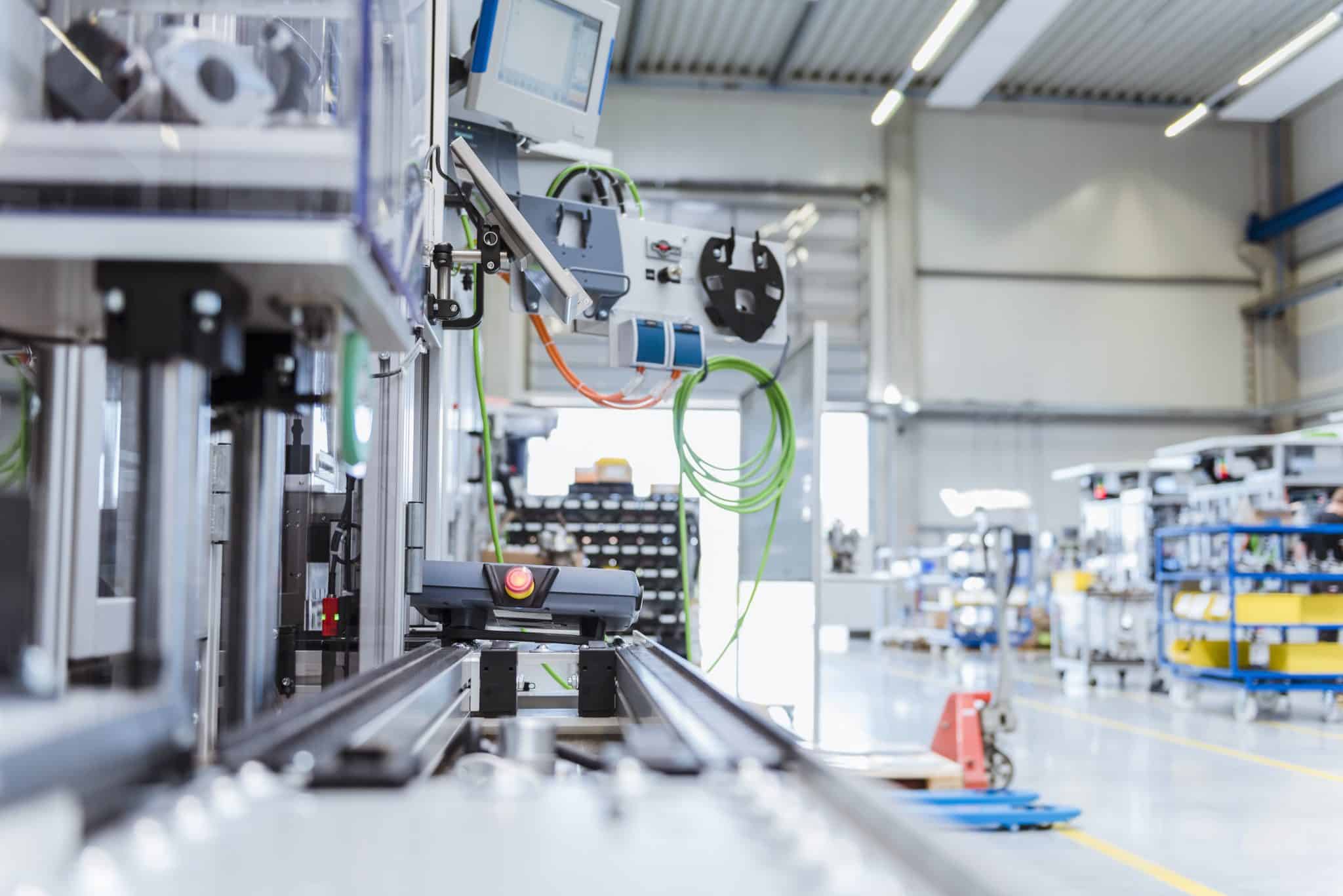In a world constantly evolving through technology and innovation, understanding the nuances of manufactured goods becomes pivotal. In this article, we will dive into the essence of manufactured goods. We will explore their creation and understand the pivotal role machine shops play in creating these products. These machine shops transform raw materials into the everyday products we encounter.

What Are Manufactured Goods?
Manufactured goods serve as the finalized outcomes stemming from meticulous manufacturing processes, markedly different from their counterparts, primary goods. To delve deeper into understanding manufactured goods, it’s essential to understand the difference between them and primary goods.
Primary Goods
Primary goods are the basic products we procure directly from the Earth; they stand as the cornerstone for all other products. These goods include metals, such as iron and copper, and agricultural products like grains and vegetables. They are unprocessed and raw and serve as the foundational materials in the production of manufactured goods.
Primary goods are fundamental and address the immediate needs of societies. They provide sustenance and form the base materials for construction, tools, and other necessities.
Manufactured Goods
In contrast, manufactured goods are the entities that transform from raw, primary goods through various detailed processes. These goods have evolved, adding significant value and utility, making them integral to our day-to-day lives. Take metal, for example.
Pulled from the earth, it’s a primary good. It goes through numerous changes and refinements. Eventually, it becomes a car, illustrating a prime example of a manufactured good. Similarly, cotton, another primary good, experiences a series of transformations to become clothing, a ubiquitous manufactured good.
Manufactured goods envelop a broad array of items, from sophisticated machinery and automobiles to everyday essentials like furniture and clothing. The value addition in transforming primary goods to manufactured ones is substantial, providing a multitude of utilities and conveniences.
These goods are not just widespread but also crucial, powering the engines of modern societies and meeting our various needs. They underline human innovation and adaptation in modern life. These goods serve varied purposes and contribute significantly to the economy and our lifestyles.

How Are Manufactured Goods Made?
The manufacturing process is multilayered and dynamic, serving as the cradle for the myriad of products that populate our lives. The manufacturing process starts with planning and design. It then moves through various stages of development and refinement. It concludes with the production of tangible, usable goods.
Creating manufactured goods is a complex and detailed task, requiring a balanced mix of human skill, innovative machinery, and advanced technology. Precision and meticulous crafting characterize the journey from raw materials to finalized products. In essence, there are two main methodologies that encompass manufacturing: additive and subtractive. Each applies its distinctive approach and utility in the production landscape.
Manufacturers employ diverse methods and techniques, depending on the nature of the goods, the involved materials, and the desired outcome. The inherent features and needs of a developing product often guide the choice between additive and subtractive manufacturing. Each method offers unique benefits and areas of focus to the production table.
Subtractive Manufacturing
Subtractive manufacturing harkens back to the reminiscent image of Michelangelo sculpting his masterpiece, David, from a monumental block of marble. It’s a process of artful deduction, whittling away excess material to reveal the desired form within.
In the realm of manufacturing, subtractive processes, such as CNC milling and lathe operations, play a pivotal role. They sculpt and refine metals and plastics with acute precision, carving out components to exact specifications.
Here, machinists use a range of tools to carefully cut, shape, and refine larger pieces of raw material. This allows them to form that material into the final desired parts.
This method is essential for producing a diverse range of goods. We encounter these goods daily. They vary from automobile parts to intricate watch components.
CNC lathe machines and milling machines stand as beacons of subtractive manufacturing. They operate by removing layers of material from a solid chunk, gradually shaping it into the desired form. Machinists operate these machines and guide the cutting tools with precision. They sculpt and form the material, contributing substantially to the wide array of manufactured goods available today.
Additive Manufacturing
While subtractive manufacturing removes layers of material, additive manufacturing does the opposite. It works by building up several layers of material to create the final product. A popular example of additive manufacturing is 3D printing.
3D printing has become a revolutionary agent in the manufacturing industry, aiding in the creation of detailed, custom parts and prototypes. This method has opened doors to innovative designs and developments, bringing to life concepts once considered impossible. It offers novel solutions for creating intricate components, allowing for a more flexible and adaptive production process.

Crafting Manufactured Goods in Machine Shops
Machine shops play a pivotal role in manufacturing, transforming raw materials into essential parts for a variety of products. The raw materials, typically metal or plastic, come in forms like bars or plates. Then, machinists cut down and shape the raw material into the desired parts.
Milling machines are a crucial tool found in almost all machine shops. These machines shape the raw materials into the desired parts, using tools to carve out shapes to exact dimensions. This process demands precision and a deep understanding of materials and machinery capabilities. That’s why a single piece often costs more than multiple pieces!
Machinists are vital in this environment, adjusting settings and overseeing operations to maintain accuracy and quality in each product. Machinists possess extensive knowledge of both the machines and materials. Their role is crucial in ensuring the production of high-quality components, marking them as essential in the manufacturing process.
These manufactured goods are fundamental to our society and economy, fulfilling everyday needs and driving economic growth. They stimulate job creation, innovation, and advancements in technology. They contribute significantly to our quality of life, fueling continuous innovations in manufacturing technologies and processes. This underscores the invaluable role of machine shops in our modern world.
Bringing Ideas to Life
Manufactured goods are pivotal, influencing our daily lives and the broader society. These goods emanate from human innovation, craftsmanship, and technological progress. They illustrate the in-depth processes and dedicated experts instrumental in creating products we often overlook.
At MP Manufacturing & Design, we specialize in turning complex designs into reality, creating tangible, high-quality products with precision. Whether dealing with small intricate components or large structural parts, our advanced manufacturing techniques are adept. Our seasoned professionals efficiently address diverse needs.
Our dedication to excellence and meticulous attention to detail guarantee quality and functionality. Our CNC milling and CNC lathe services play a crucial role in this transformation process. They allow us to craft each piece precisely to meet specific requirements.
Explore the endless possibilities with us and witness our expertise in action, enabling the realization of your projects. By choosing MP Manufacturing & Design, you choose a committed partner. We bring your visions to life with unmatched precision and quality, contributing to the continuous evolution of our contemporary world.

